These reflections are a result of more than 40 years of ministry as a Roman Catholic priest. Most of these years I spent in the Diocese of Charlotte which covers Western North Carolina. Now I am retired, and live in Medellín, Colombia where I continue to serve as a priest in the Archdiocese of Medellín.
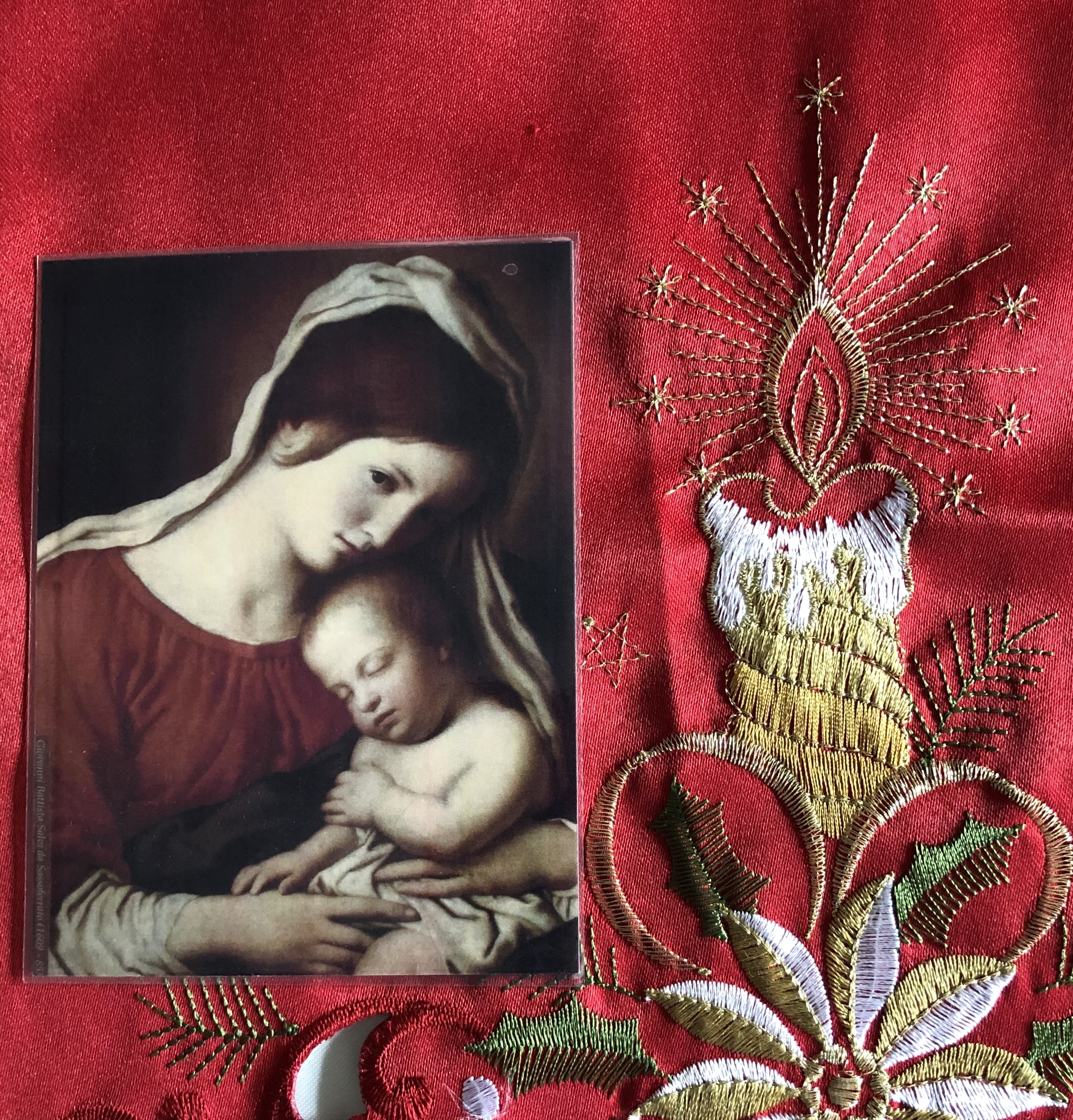
And this is the testimony: God gave us eternal life, and this life is in his Son.
Whoever possesses the Son has life. (1 Jn 5:5-13)
https://bible.usccb.org/bible/readings/010722.cfm
To have the gift of eternal life is to live without fear, to be free to be the persons God has called us to be, to be free to love our neighbor as freely as God has loved us all in Christ. Today’s carol is Campana Sobre Campana (The Bells of Bethlehem).
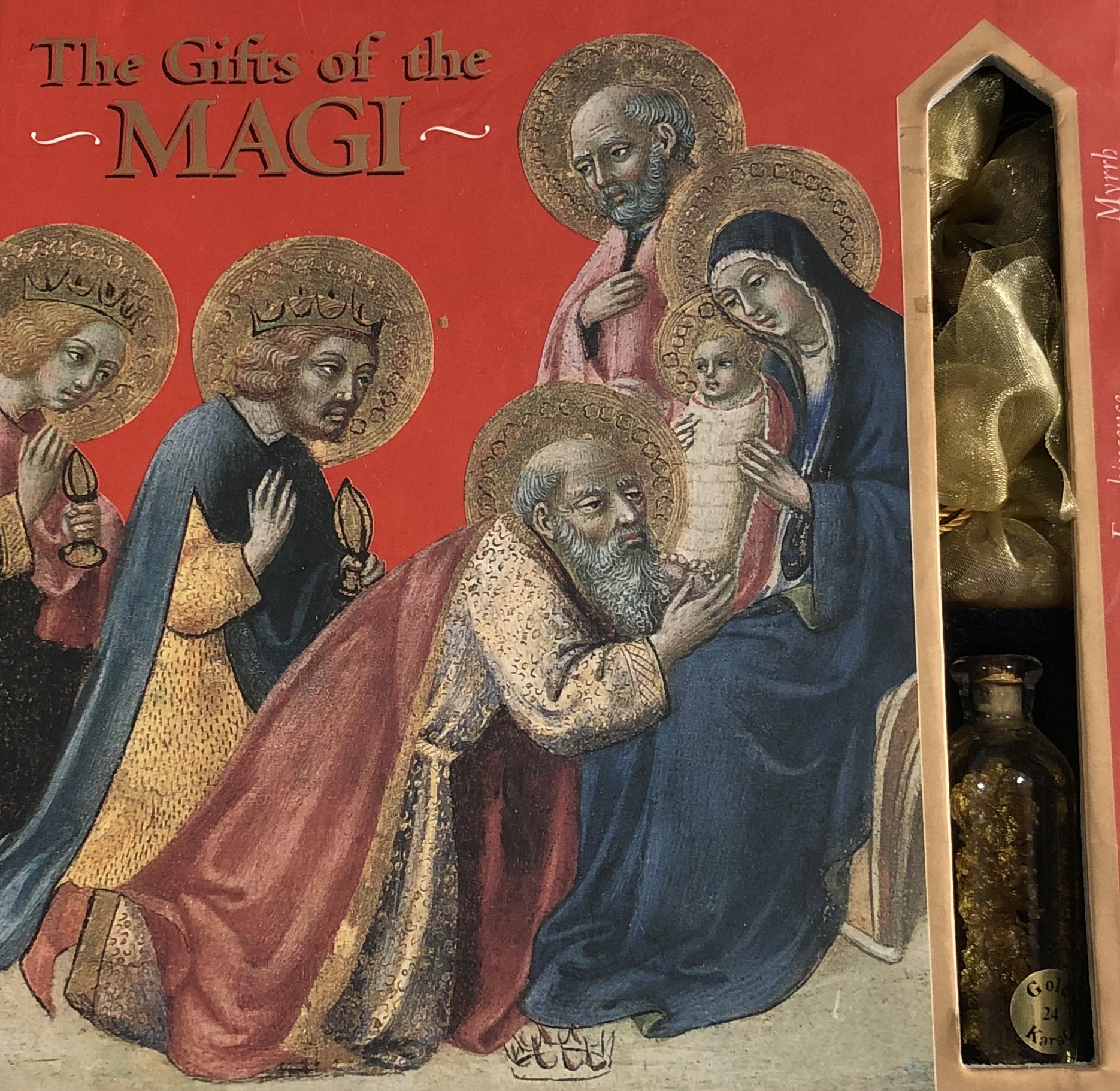
If anyone says, “I love God,” but hates his brother, he is a liar; for whoever does not love a brother whom he has seen cannot love God whom he has not seen. (1 Jn 4:19-5:4)
https://bible.usccb.org/bible/readings/010622.cfm
The lessons we need to learn about love are endless. Perhaps that’s why the Letters of John seem to repeat themselves. The truth is we need to revisit these lessons over and over again. As the Lord says to us, “Love one another, as I have loved you.” Saint André (1845-1937), a Canadian religious brother, was a healer and is responsible for the construction of the largest church in Canada, Saint Joseph’s Oratory in Montreal. Today’s carol is La Cumbia del Niño (Cumbia of Baby Jesus).
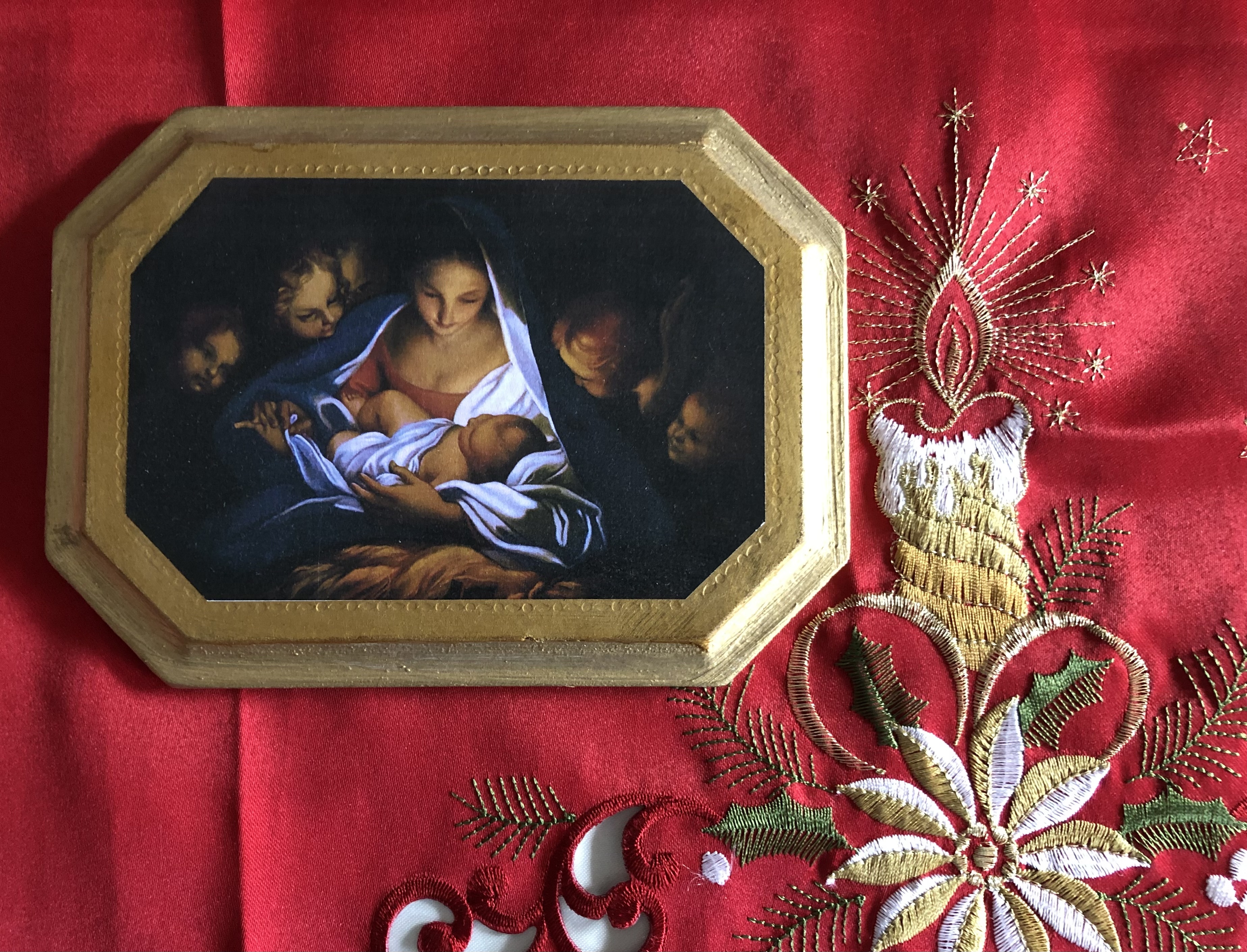
There is no fear in love, but perfect love drives out fear. (1 Jn 4:11-18)
https://bible.usccb.org/bible/readings/010522.cfm
“Fearless love” . . . is this a Melissa Etheridge song? No, it’s the First Letter of John, but the message is the same. We need a “fearless love” to be the persons God calls us to be and not be willing to settle for anything less. As we continue reflecting on the Word Made Flesh, we begin to see the implications of the Incarnation as we celebrate the coming of the One who calls us to live this “fearless love” of God and neighbor. Saint John Neumann was the immigrant bishop of Philadelphia. Today’s carol is El Niño Pobre (The Poor Child).
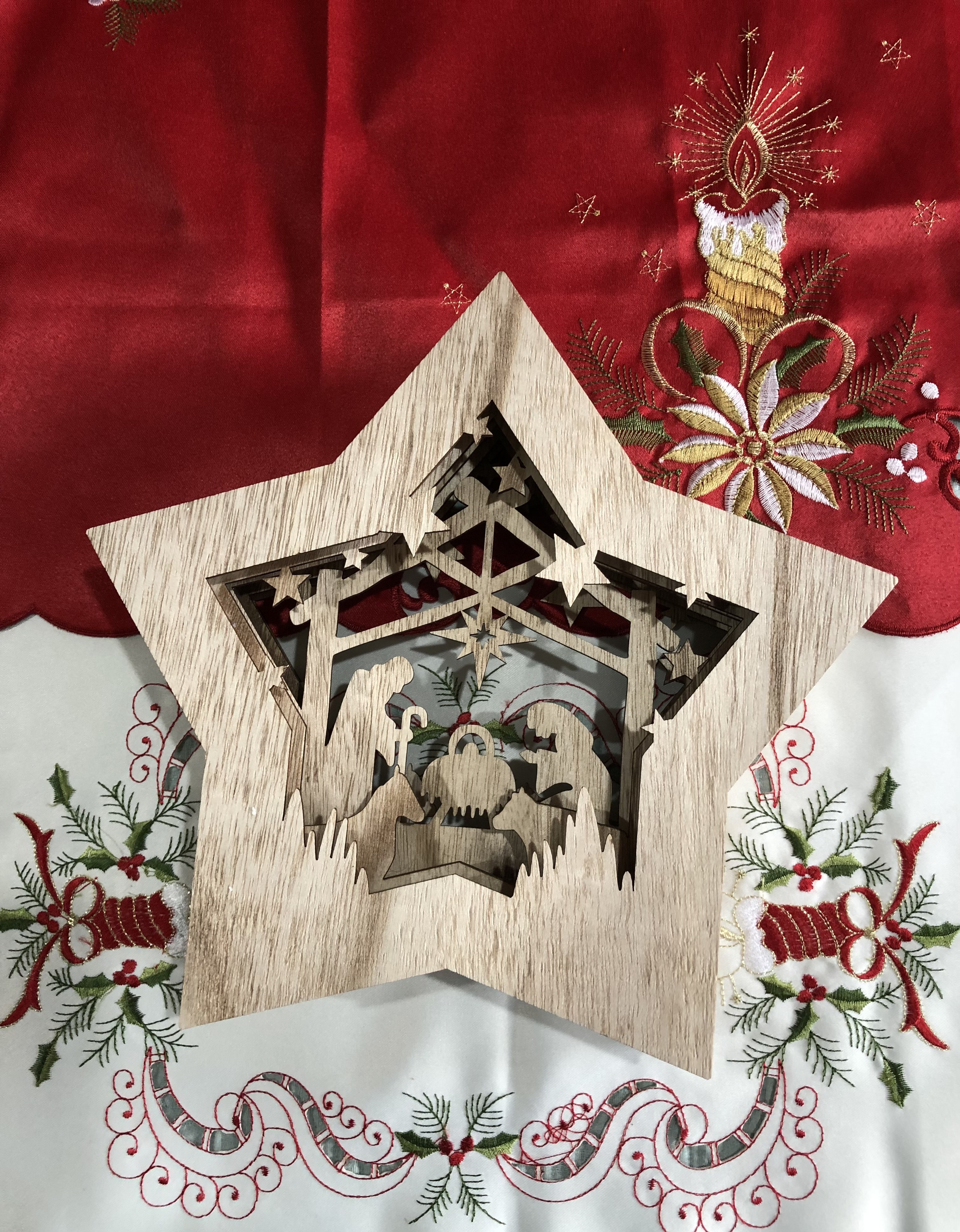
Beloved, let us love one another, because love is of God; everyone who loves is begotten by God and knows God. Whoever is without love does not know God, for God is love. (1 Jn 4:7-10)
https://bible.usccb.org/bible/readings/010422.cfm
One of the more remarkable teachings about God and us in all the Scriptures: God is love and everyone who loves is begotten by God and knows God. Perhaps it is just that simple. Saint Elizabeth Ann Seton (1774-1821) was a teacher at heart and is credited with being the founder of the parochial school system in the United States. Today’s carol is Duerme No Llores (Sleep, Don’t Cry).
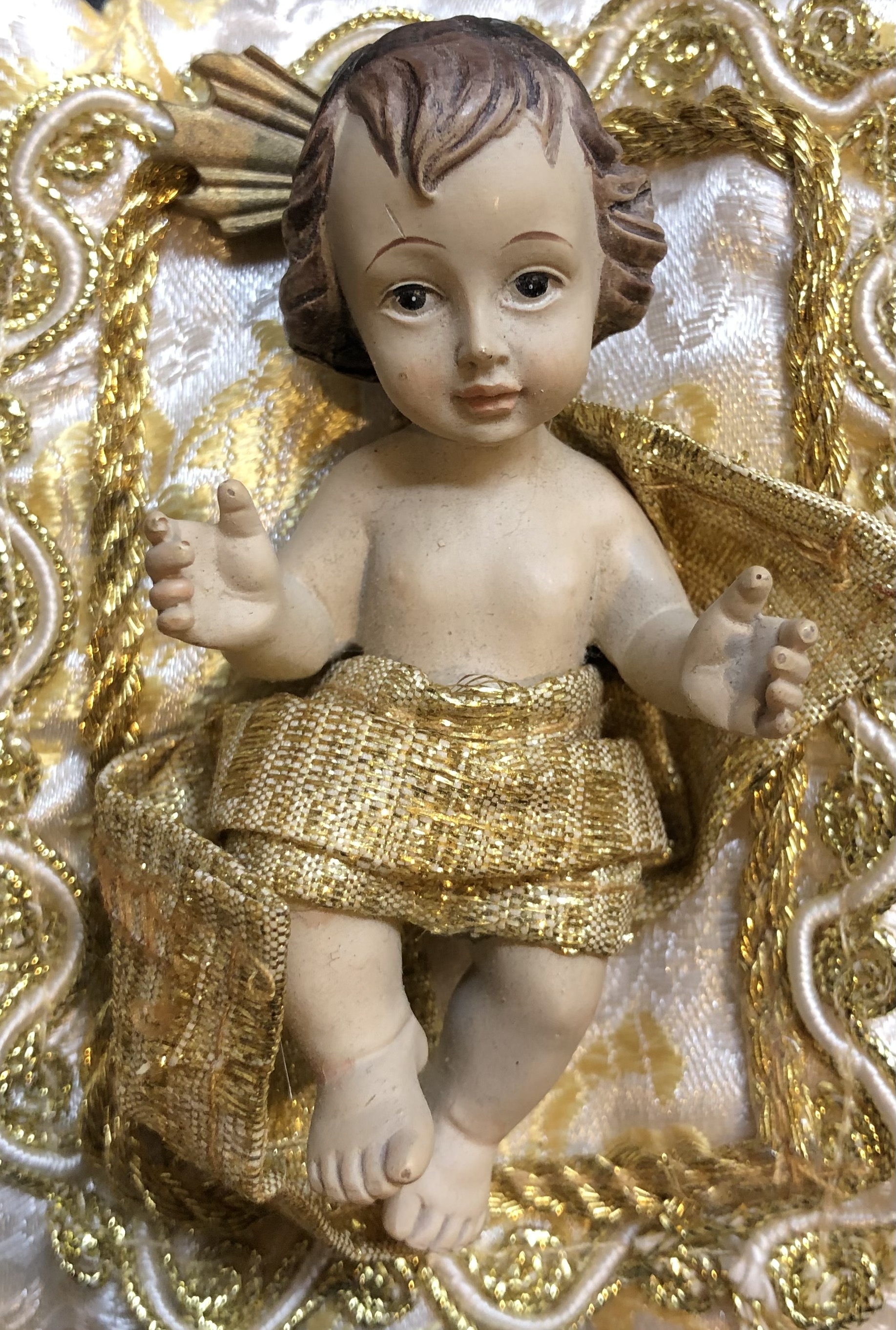
At the name of Jesus every knee should bend, of those in heaven and on earth and under the earth, and every tongue confess that Jesus Christ is Lord, to the glory of God the Father. (Phil 2:1-11)
https://bible.usccb.org/bible/readings/0103-memorial-most-holy-name-jesus.cfm
We continue celebrating the Word Made Flesh in the feast of the Most Holy Name of Jesus. As the Gospel of Luke records: “When eight days were completed for his circumcision,
the child was named Jesus, the name given him by the angel before he was conceived in the womb.” Today’s Carol is Dulce Jesús Mío (My Sweet Jesus).



